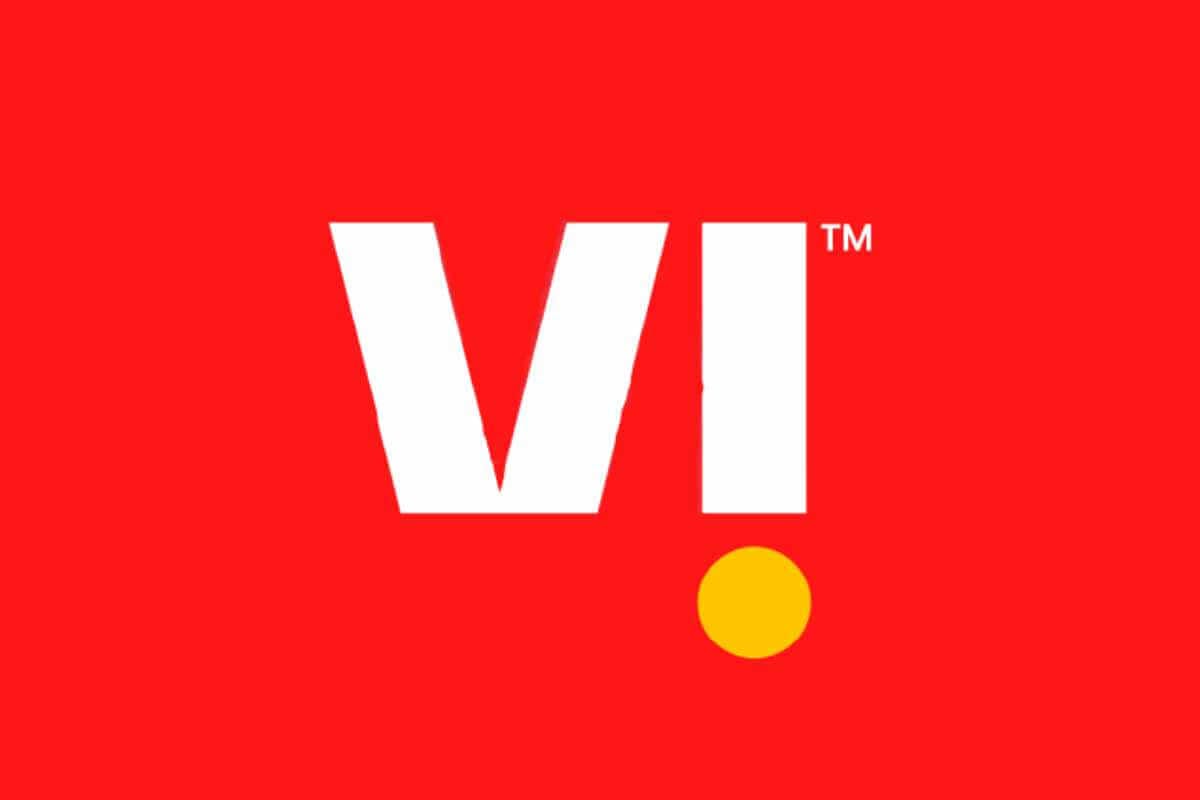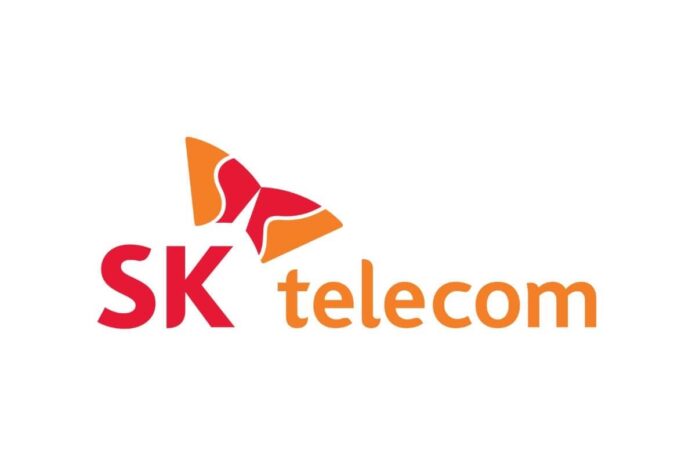In Short:
Nokia’s country head, Tarun Chhabra, sees great potential in India’s growing telecom market as companies invest in 4G and 5G. They have started working with Vodafone Idea without issues and continue expanding with all major telcos. With data usage rising, Nokia is boosting its R&D and manufacturing in India, emphasizing the market’s importance for future growth.
Nokia is poised to capitalize on significant opportunities within India’s rapidly growing telecom sector, fueled by increasing data consumption and ongoing investments in 4G and 5G technologies. In an exclusive interview, Tarun Chhabra, the company’s country head, addressed key aspects of Nokia’s strategy and operations following his appointment in February.
Insights on the Vodafone Idea Partnership
Chhabra elaborated on the partnership with Vodafone Idea (Vi), stating that the network rollout is partially underway. Although specific timelines for full deployment are yet to be established, Chhabra expressed confidence in the collaboration, noting that Nokia is in a comfortable position without any business hurdles. He mentioned that the pricing structure is consistent with agreements made with other telecom operators.
Opportunity Landscape with Indian Telecom Firms
Nokia continues to engage with all three primary telecom companies in India, actively participating in expansion activities. Chhabra highlighted the growth of 4G services initiated 6-7 years ago, which remains ongoing. With approximately 5-7% of the population yet to adopt 5G, and the current 5G subscriber base reaching 230 million, there remains substantial potential for growth. Data usage per subscriber has also seen an increase from 20 GB to 30 GB per month, with forecasts suggesting it could reach 55 GB by the end of 2025.
Nokia’s Commitment to India
Nokia employs around 17,000 people across India and has maintained a manufacturing presence in the country for 15-16 years. The firm has established an extensive research and development (R&D) team of roughly 8,000 individuals and plans to further enhance these facilities. This reflects India’s strategic importance to Nokia’s global operations, which also include various global delivery and repair centers.
Manufacturing Milestones
Having manufactured telecom equipment in Chennai for nearly 15 years, Nokia leads in domestic production of 3G, 4G, and 5G base stations, totaling about 7 million radios. The company has participated successfully in both PLI 1.0 and PLI 2.0, with 10% to 40% of its output exported to nearly 100 countries.
Return on Investment: India vs. Global Markets
Chhabra confirmed that Nokia has a positive return on investment from its operations in India, highlighting that expanding capacity opportunities play an essential role in balancing the scale of their global business. Consequently, India contributes positively to Nokia’s overall top-line growth.
Challenges in Private Network Adoption
Globally, there are notable success stories in sectors like aviation and railways. However, Chhabra observed that while India has focused primarily on mobility, there is potential in areas such as defense, railways, manufacturing, mining, healthcare, and agriculture in the near future, potentially witnessing developments within three months to a year.
Collaboration with BSNL
Regarding BSNL opting for indigenous vendors, Chhabra stated that Nokia maintains collaboration with the organization wherever suitable. The company remains committed to participating in future opportunities, depending on tender conditions.





